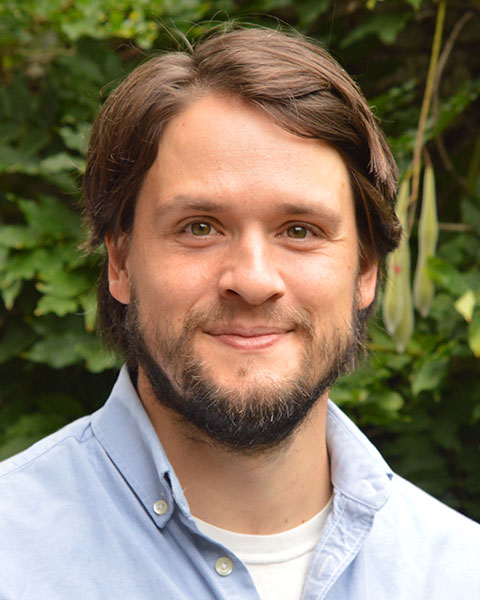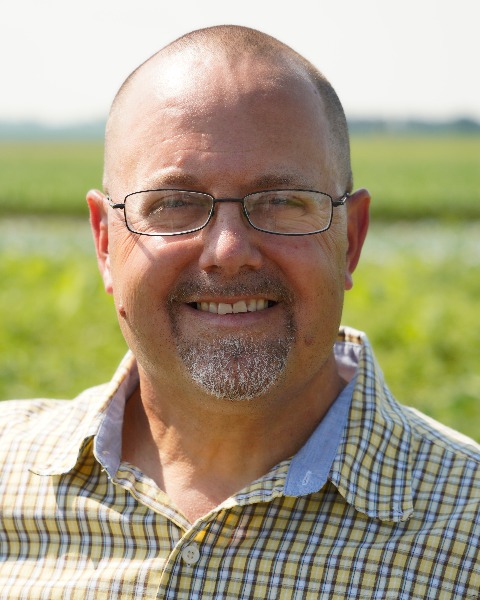Student Poster Display
Plant-Insect Ecosystems
Student
D3280: Linking society and science: UW Madison's bee campus initiative
- VS
Victoria Salerno (she/her/hers)
Graduate Assistant
University of Wisconsin
Middleton, Wisconsin 
James D. Crall
Assistant Professor
University of Wisconsin
Madison, Wisconsin
Russell L. Groves, Ph.D.
Professor
University of Wisconsin
Madison, Wisconsin
Presenting Author(s)
Co-Author(s)
Among the many human-driven (anthropogenic) factors contributing to global change, urbanization is a significant factor affecting pollinator populations and communities. The highly interconnected nature of pollinators and human civilizations highlights the need for interdisciplinary urban conservation approaches. One landscape that provides the opportunity to highlight and progress urban conservation efforts is educational institutions. Campuses at universities and colleges serve a variety of functions among which are, aesthetic landscapes, learning communities, and opportunities to connect the public, research, and organizations. Campuses prominently connect the land, the community, and its student body.
UW-Madison is participating in the Xerces Society’s Bee Campus initiative. This program supports campuses to engage in pollinator-friendly change through a multidisciplinary and comprehensive framework. UW-Madison is within its second official year and has made strides to support native pollinators across campus. Here I will describe ongoing pollinator-forward strategies such as citizen science projects, habitat implementation, and the integration of technology into campus efforts. Further, I will discuss how this work addresses the long-term goals of UW-Madison’s Bee Campus program and the university overall. UW-Madison is taking intentional steps to support native biodiversity and pollinators and continues to improve upon its efforts. I will further discuss the future goals and implications of such work.

.png)
